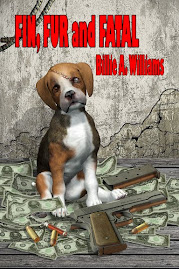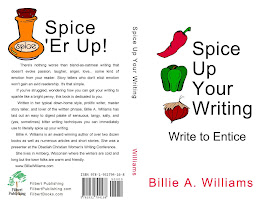Someone once said, and I paraphrase here, it's not the musical notes played that make the tune, it's the spaces between those notes, the pauses, and my step father was quick to say it's not the printed word but what is written between the lines that we need to read. The author crafts his tale the way he hears them in his head using words as his musical notes, his song in 3/4 time or 4/4 beat.
Elsewhere, Atwood, when speaking of duplicity as she claims all writers are - two different people, "Wanting to meet the author because you like his work is like wanting to meet a duck because you like pate." The person is not the author and vice versa. I tend to agree with that somewhat, my characters come from my mind but they are not necessarily about me personally. I didn't rob a bank to write about robbery, I didn't murder someone to write about murder...I didn't own an antique store as my current accidental sleuth does, or a cafe as the sleuth in another of my books does...I was never a rodeo clown or bronc rider, yet all of these are a part of the me on the page. Duplicity, a slippery eel, not even identical twins but more like Siamese twins I'm afraid. Joined together but not the same, nor do they necessarily think the same or look the same.
There is more to ponder on this, but I'm so enjoying Margaret Atwood, I wonder why I haven't found her before.











No comments:
Post a Comment